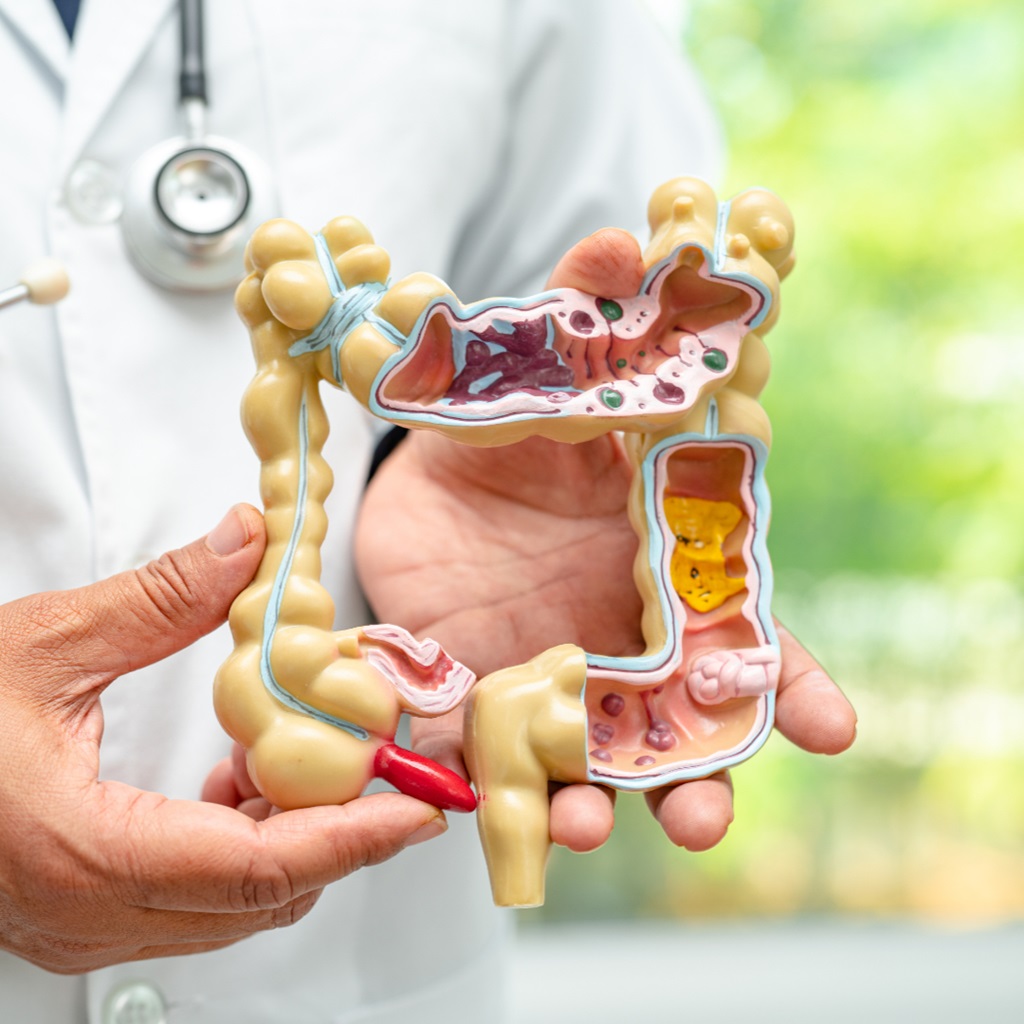
The exact cause of Crohn's disease is unknown, but it is thought to be an autoimmune disorder in which the body's immune system mistakenly attacks the digestive tract. Genetics, environmental factors, and lifestyle factors may also play a role in the development of the disease.
Symptoms of Crohn's disease can vary but commonly include:
Complications of Crohn's disease can include intestinal obstruction, abscesses, and fistulas, which are abnormal connections between different parts of the intestine or between the intestine and other organs.
Diagnosis of Crohn's disease typically involves blood tests, imaging studies, and a colonoscopy to examine the lining of the intestine. Treatment aims to reduce inflammation, manage symptoms, and prevent complications. Medications commonly used to treat Crohn's disease include anti-inflammatory drugs, immune system suppressors, and antibiotics. In severe cases, surgery may be necessary to remove damaged sections of the intestine.